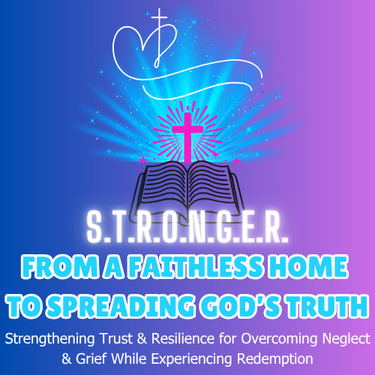Understanding Jeremiah 31:32: The New Covenant Explained
DAILY DEVOTIONALS
10/13/20252 min read


Introduction to the New Covenant
The book of Jeremiah, a profound anthology written during a tumultuous time in Israel's history, contains messages of both judgment and hope. Among its many verses, Jeremiah 31:32 stands out, where God asserts that the new covenant will not mirror the previous covenant made with their ancestors. This distinction is fundamental in grasping the nuances of biblical covenants.
The Importance of Covenant in Biblical Context
In biblical terms, a covenant represents a solemn agreement or promise between God and His people. The original covenant, often associated with Moses and the law given at Sinai, was characterized by specific laws and regulations that the Israelite people must follow. However, Jeremiah 31:32 indicates a shift; it announces a new understanding between God and humanity. This shift is not merely a revision of rules, but a transformative promise of God’s enduring relationship with His people.
What Makes the New Covenant Different?
The new covenant referenced in Jeremiah 31:32 is based on a relational approach rather than a legalistic one. Unlike the former covenant, which was contingent upon Israel’s obedience to laws, the new covenant offers grace and renewal. God promises to place His law in their minds and write it on their hearts, signifying an internal, more personal connection. This radical change emphasizes a heart-centered faith rather than mere adherence to rules.
Additionally, the new covenant foretells a time when all will know the Lord, illustrating a more inclusive vision of God's people. It shifts the dynamics from an exclusive community to a universal understanding of God’s love and mercy. In this way, the teachings in Jeremiah 31:32 are not just historical; they serve as a cornerstone for understanding modern faith and spirituality.
Ultimately, Jeremiah 31:32 invites believers to reflect on the nature of their relationship with God. It suggests that the realignment of the covenant serves as a reminder of God’s unending grace and commitment to humanity, moving beyond the constraints of past obligations toward an embrace of faith and love.
Conclusion: Embracing the New Covenant
In contemplating Jeremiah 31:32, we find profound encouragement and hope. This scripture teaches us that faith is not merely a set of rules to follow, but a dynamic relationship characterized by love, grace, and transformation. The implications of this new covenant are profound, impacting both personal faith journeys and community worship. As we engage with these concepts, we are invited to embrace the depth of what it means to be in a covenant relationship with God—one that is not based on our ability to uphold laws, but rather on His unwavering faithfulness and love.
